The 7th International African Palliative Care Conference brought together palliative care practitioners, researchers, advocates and patients for a few engaging, full days of learning and sharing. Three hundred fifty people from 40 countries joined in person or virtually. It was a wonderful opportunity for us to connect with several of our partners and collaborators from across Africa – including Kenya, Malawi, Nigeria, South Africa, Uganda and Zimbabwe.
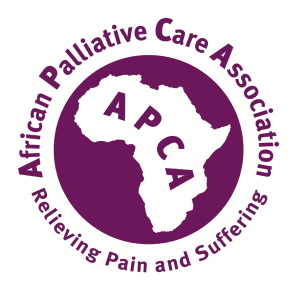
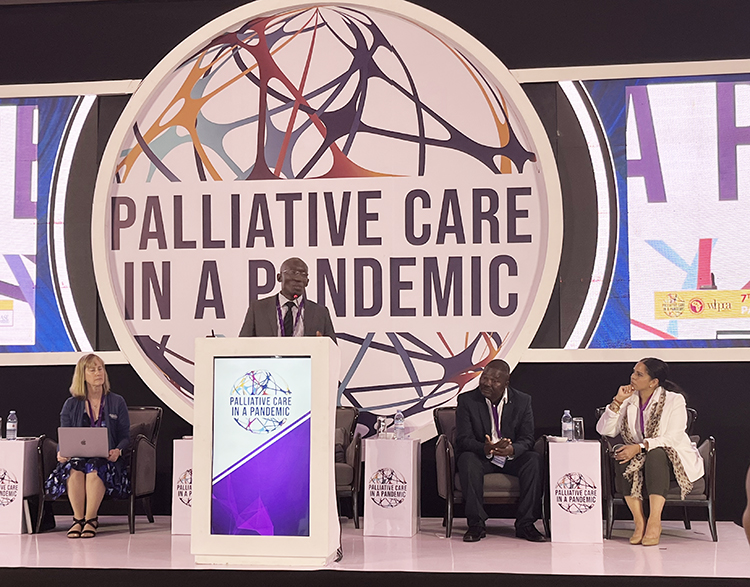
GPIC and the African Palliative Care Association (APCA) held a joint session on partnerships “Building strong cross-cultural relationships despite – or because of – challenges and disagreements.” Two partnerships shared their experiences of collaborating on projects, highlighting how emerging from challenges has made their relationships stronger. Our 2021 Global Partnership awardees, Hospice of the North Coast and Nkhoma Mission Hospital, were recognized as well. The award was first presented at the US National Hospice and Pallitaive Care Organization (NHPCO) conference earlier this year.
At a pre-conference meeting between ministers of health, representatives from 13 African countries signed an important declaration affirming the need to integrate palliative care into infectious disease outbreaks and pandemic preparedness and response.
Speaker Highlights
Several members of the GPIC Advisory Council had key roles in the conference and shared important insights with participants. The conference opening session was outstanding and included comments from Dr. Stephen Connor of Worldwide Hospice and Palliative Care Alliance (WHPCA) and Dr. Emmanuel Luyirika of APCA as well as patient testimonials. A virtual welcome was shared by Dr. Tedros Adhanom Ghebreyesus, director general of the World Health Organization, and an official opening of the conference came from Honorable Margaret Muhanga Mugisa, the Minister of State for Health in Charge of Primary Health Care in Uganda. Also, a part of this session was the compelling keynote address delivered by Professor Liz Gwyther on the role of palliative care in pandemics – both the current pandemic and in planning for future pandemics. She coined a phrase that was used throughout the conference – “contagious kindness”– in talking about the burdens of the pandemic on palliative care teams and the importance of self-care and compassion. Dr. Jim Cleary gave a riveting and personal talk: “Quality: the enemy of ‘Palliative Care for All’ in LMIC.” He challenged the audience to seek the balance between high standards of care and what care the patient and family needs and desires.
Several other GPIC Advisory Council members were part of the conference and shared their expertise with conference attendees. Ms. Fatia Kiyange spoke about advocacy lessons from the field of health and human rights, asserting that palliative care efforts should use a human rights lens as it is an integral part of the human right to health. Professor Olaitan Soyannwo shared her personal journey in championing palliative care in Nigeria – and the importance of developing the necessary infrastructure for both clinical care and education. Mr. Edo Banach reflected on the development of palliative care in the United States on a panel of his colleagues from national and regional palliative care associations across the globe. As board chair of APCA, Mr. Andre Wagner did a masterful job chairing numerous sessions and emceeing the conference along with Dr. Justin Baker of St. Jude Global.
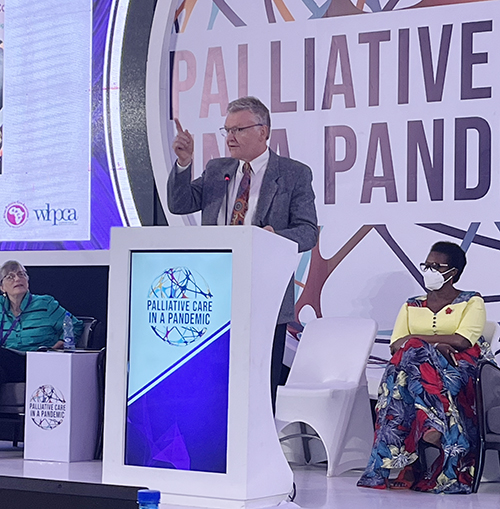
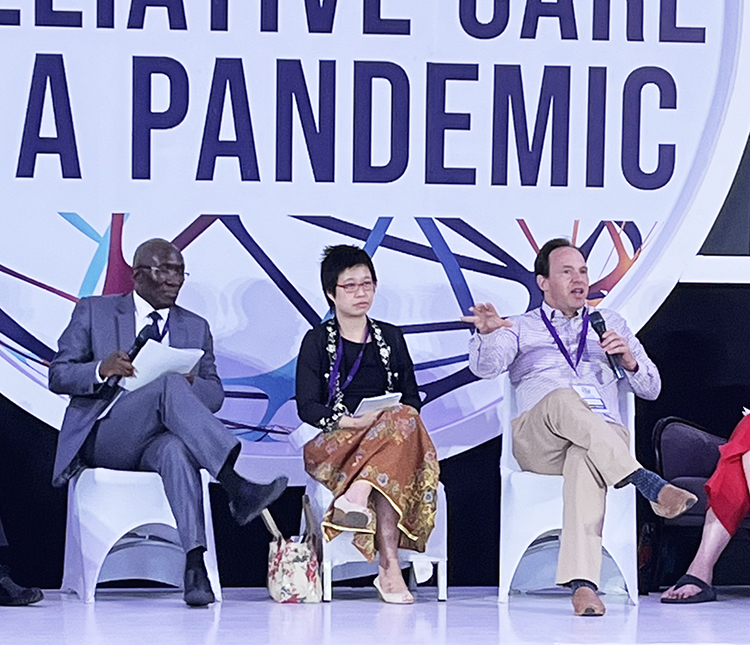
Partner Visits
In addition to connecting with partners during the conference, GPIC visited several partner organizations in Uganda including Rays of Hope Hospice Jinja (RHHJ), Hospice Africa Uganda (HAU), the Palliative Care Association of Uganda (PCAU) and Kawempe Home Care. It was a wonderful opportunity to meet with our longtime partners, and these face-to-face interactions always help deepen relationships and build trust. Additionally, it is grounding to witness the amazing work these organizations do on a daily basis and it ensures all of our work at GPIC headquarters is guided by our partners. While visiting Kawempe Home Care and discussing the importance of partner exchange visits and interacting in person, executive direction Dr. Sam Guma said: “You get to know the organizations you are partnering with; you see the real work and the real challenges. These visits have made us friends.”
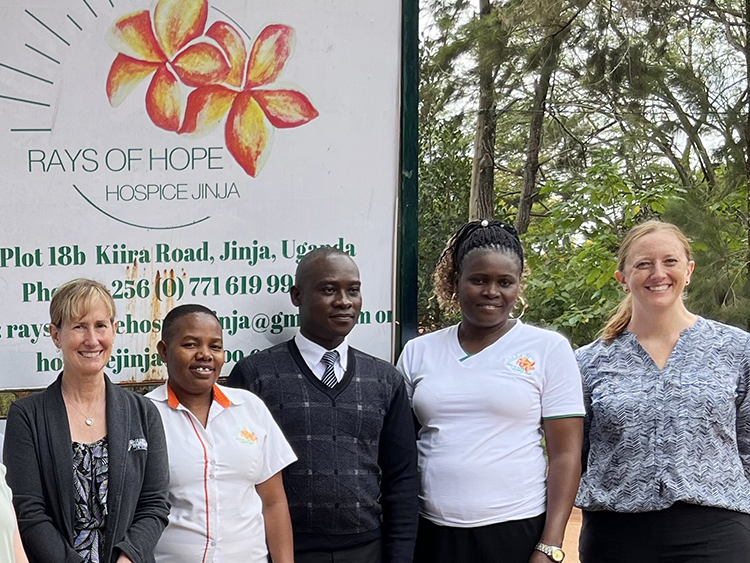
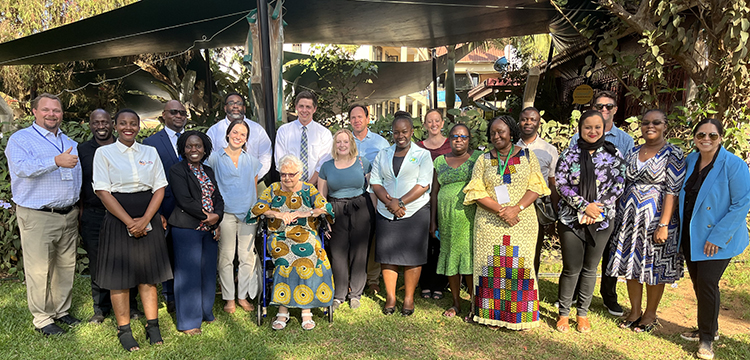
With the help of PCAU, we had the opportunity to organize educational visits to several organizations for some conference attendees to learn more about palliative care. We were able to tour the Uganda Cancer Institute (UCI) and learn about the model partnership between palliative and cancer care in Uganda. In addition, we accompanied a palliative care team on a home visit in the community and spent time with HAU and other morphine partners, learning about the unique public/private partnership in Uganda that brings free morphine to patients in need.
Reflections from Cyndy Searfoss, Director of Partnerships
When a friend asked me what the most significant impression of my trip to Uganda for the 7th International African Palliative Care Conference was, my immediate response was “I needed more time.” And as I reflected further, I realized how many aspects that encompassed.
I needed more time to learn about the latest developments in palliative care on the African continent. The conference was chock-full of informative plenary sessions, presentations, posters and opportunities to talk during breaks. While the hybrid platform allowed me to access many of the sessions I could not attend in-person, I feel like I have barely scratched the surface on the wealth of knowledge presented there.
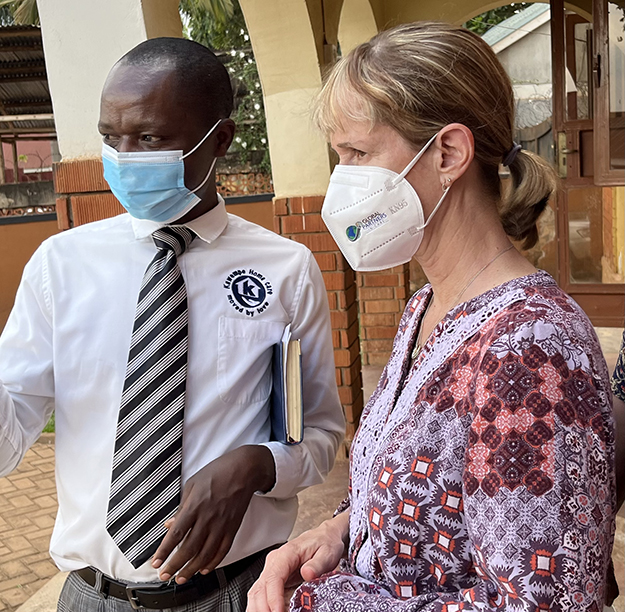
I needed more time to visit with partners and colleagues who were also attending the conference. I wanted to hear more about the challenges they overcame during the COVID-19 pandemic. I wanted to know more about the work they were doing and the possibilities for collaboration. I wanted to learn more about their patients.
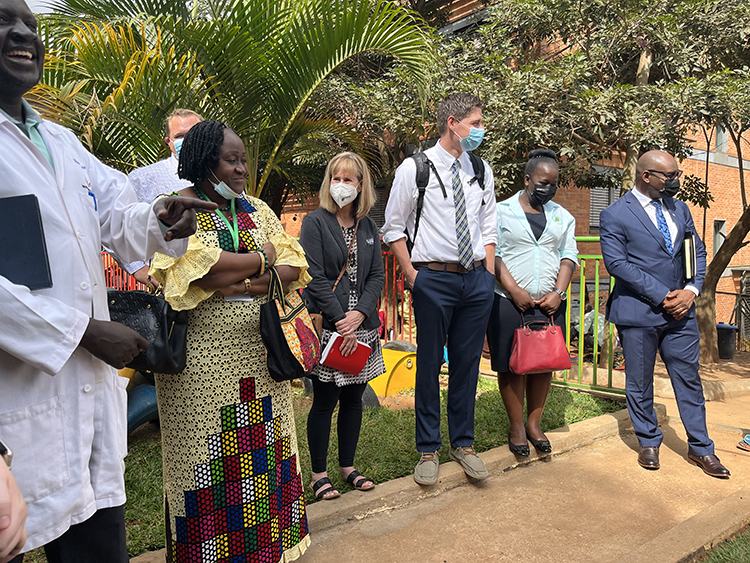
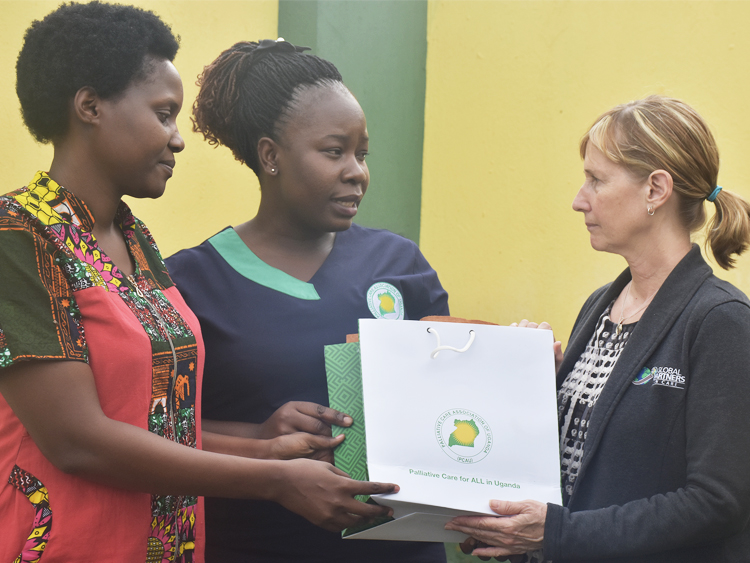
I needed more time to synthesize what I was hearing and learning so I can refine my approach to partnerships and collaboration in enhancing access to palliative care. Even though there is never enough time, I will be thoughtfully setting aside as many minutes as I can spare for the rest of the year to make sure my priorities align with what I learned on this trip. It is the best way I know to maximize the impact of our work.
